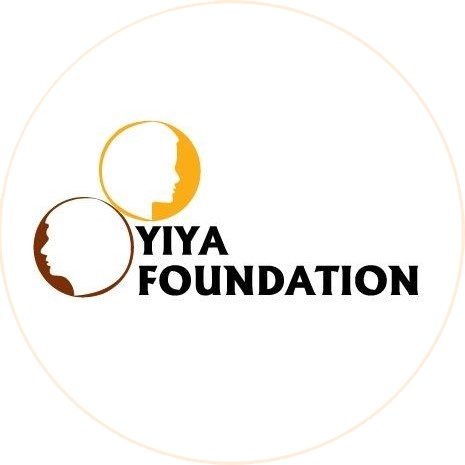This video discusses the harrowing reality of Ugandan migrant workers who have been trafficked to Iraq and subjected to severe exploitation and abuse.
Human trafficking remains a significant issue in Uganda, echoing the dark history of the East African Slave Trade.
Despite the passage of time and the evolution of laws, the underlying mechanisms of exploitation and abuse persist.
This critique explores the parallels between historical and modern-day trafficking and argues that, just as in the past, it is up to Ugandan citizens and civic society to lead the fight against this grave injustice.
Human trafficking in Uganda today bears stark similarities to the East African Slave Trade, highlighting the need for robust civic intervention. Historically, local authorities often facilitated the slave trade, betraying their subjects for profit. Today, political inertia and complicity continue to undermine efforts to combat human trafficking, leaving it largely to civic society to drive change.
In both historical and contemporary contexts, deceptive recruitment plays a critical role. Historically, Africans were often captured or tricked into slavery by intermediaries. Today, many Ugandans are lured by false job promises, only to face forced labour and abuse abroad. This pattern underscores the need for grassroots education and awareness campaigns to inform potential victims about the risks of overseas employment offers.
The brutal labour conditions endured by slaves in the past find their echoes in the experiences of Ugandan workers trafficked to Iraq and other regions. These individuals often face inhumane working conditions, long hours, and physical abuse, with their freedom severely restricted. Civic groups must advocate for stronger protections and support systems for migrant workers to prevent such exploitation and abuse.
Both historical slaves and modern trafficking victims suffer severe abuse. Physical violence, sexual exploitation, and psychological trauma are rampant in both contexts. Civic society can play a vital role in providing support services such as legal aid, counselling, and shelters for victims, helping them recover and reintegrate into society.
The loss of freedom is a central theme in both eras of trafficking. Confiscation of passports and tight control over movement are modern parallels to the shackling and confinement of historical slaves. Advocacy for legal reforms to safeguard the rights and freedom of migrant workers is essential.
The economic motives driving human trafficking today are no different from those of the past. Both treat individuals as commodities to be exploited for profit. This dehumanization calls for a collective outcry against such practices, urging both local and international communities to take action.
The persistence of human trafficking, despite historical lessons, highlights the urgent need for civic action. While political intervention is crucial, history shows that meaningful change often begins at the grassroots level.
Ugandan citizens must mobilize, educate, and advocate to combat modern slavery effectively, holding their government accountable and supporting vulnerable populations.
Submitted by
Gertrude Kamya Othieno
Critical Political Sociologist
London School of Economics and Political Science (Alumna)
MOTTO: JUSTICE AND EQUALITY FOR ALL
Recommended Reading
- Global Fund to End Modern Slavery* – Reports and resources on the current state of human trafficking globally and specific actions to combat it. GFEMS
- Daily Monitor – Articles and reports on human trafficking in Uganda and the broader East African region. Monitor
- International Labour Organization (ILO) – Publications on labour standards and protections for migrant workers. ILO
- United Nations Office on Drugs and Crime (UNODC) – Global reports on human trafficking, including trends and countermeasures. UNODC
- Human Rights Watch – In-depth analyses and case studies on trafficking and human rights abuses. Human Rights Watch
By engaging with these resources and taking collective action, Ugandan citizens can contribute significantly to the fight against human trafficking, ensuring a safer and more just society for all.
